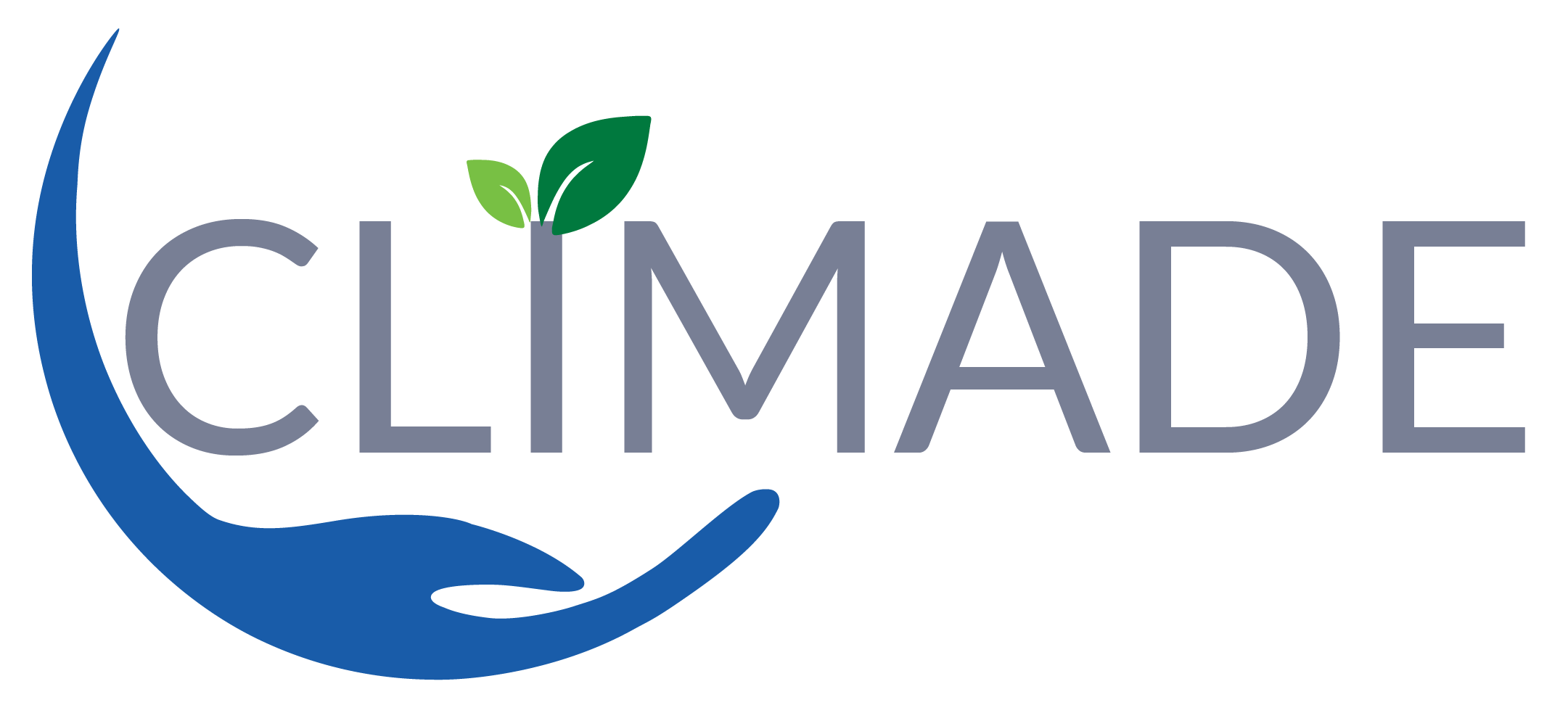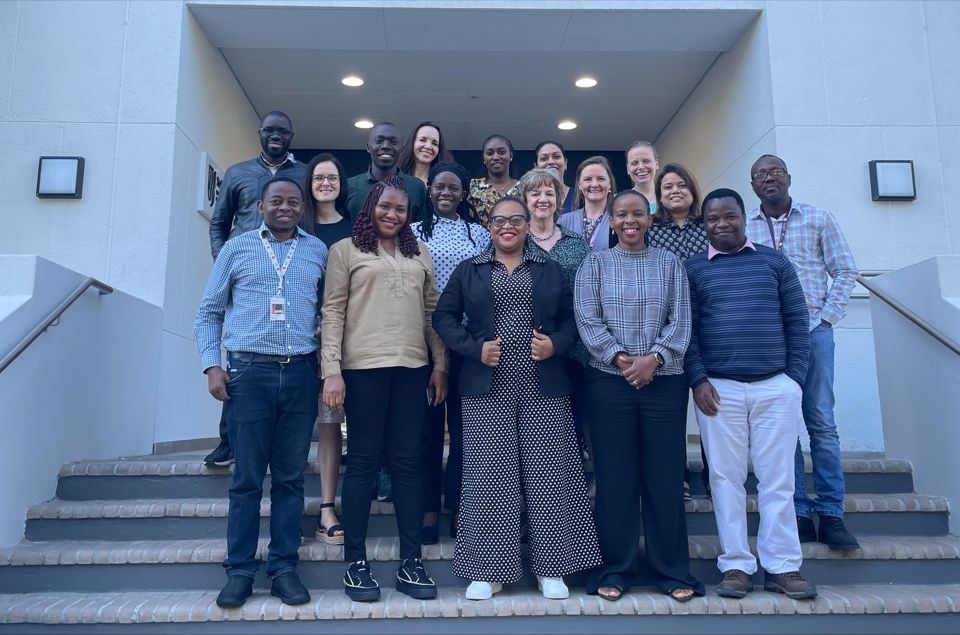In today’s fast-paced era of scientific advancement, being able to secure grants remain essential for driving groundbreaking discoveries and innovative projects. This need is particularly critical for African scientists and researchers, and the Centre for Epidemic Response and Innovation (CERI) has recognized and acted on this imperative.
In today’s fast-paced era of scientific advancement, being able to secure grants remain essential for driving groundbreaking discoveries and innovative projects. This need is particularly critical for African scientists and researchers, and the Centre for Epidemic Response and Innovation (CERI) has recognized and acted on this imperative.
However, the critical question that arises is: how can one secure the right funding for their research? The answer, although not simple, lies in the art of crafting a stellar grant application. CERI recently hosted a Grant Writing Workshop, uniting 18 African Fellows from 10 different nations such as Zimbabwe, Nigeria, Tanzania, Egypt, Uganda, Pakistan etc.
This workshop served as a platform for the exchange of knowledge and the development of essential grant writing and management skills. Gugu Mkhize, a Senior Grant Manager at KRISP and one of the workshop facilitators with over a decade of experience, emphasized the importance of such training, stating, “High-quality science needs funding.”
Dedicated scientists understand that to excel in producing high-quality research, resources and funding are indispensable. Dr. Gaspary Mwanyika, a lecturer and researcher in One Health Molecular Biology at Mbeya University in Tanzania said, “I am attending this workshop to enhance my grant writing skills, so that I can contribute more effectively to the scientific community and address pressing health issues in my county”.
The workshop welcomed participants from various institutions, such as the University of Zimbabwe; including Dr. Fortune Chikwuneme from the Vaal University of Technology (VUT). As a postdoctoral researcher in the Cell Biology and Regeneration Unit, Dr. Chikwuneme displayed a keen interest in learning about grant writing.
Comprehensive Step-By-Step Grant Proposal & Application Breakdown was offered at this workshop. Various components were covered, including finding funding opportunities, reviewing requests for applications, and preparing essential supporting documentation such as letters of support, as mentioned by facilitator Zuzana Naidoo. Dr. Cheryl Baxter, the Head of Scientific Support at CERI and the workshop organizer, emphasized the significance of timely applications, accurate information, and the complexities of submitting grant applications. Additionally, she provided examples of research plans.
The importance of post-award management, often overlooked but crucial, was also emphasized. This phase involves meticulous reporting, both in terms of progress and financial aspects, while addressing compliance and conflicts of interest. Grant close-out and audit requirements were also explored. Suzette Grobler, a senior grant manager at CERI with over 20 years of experience in grants management, and one of the workshop facilitators shared valuable tips on managing grants saying, “Honesty and Integrity are paramount. Understand your grant award’s terms and conditions and also, Meet the reporting deadlines.”
Prof. Tulio de Oliveira expressed gratitude to key funders such as The Rockefeller Foundation and The World Bank for their support in equipping African scientists with grant writing and management skills. Their collective efforts empower individual scientists and illuminate a path towards a self-sufficient future for African scientific research.
In a world where scientific research is the foundation of progress, understanding the entire grant lifecycle, from application to post-award management, is crucial for researchers. These grant writing and management skills are the keys that empower African scientists to lead their research projects, address pressing health issues, and make a lasting impact on the scientific landscape. With each well-crafted grant application and skillful grant management, African scientists move closer to achieving scientific excellence and self-reliance.

